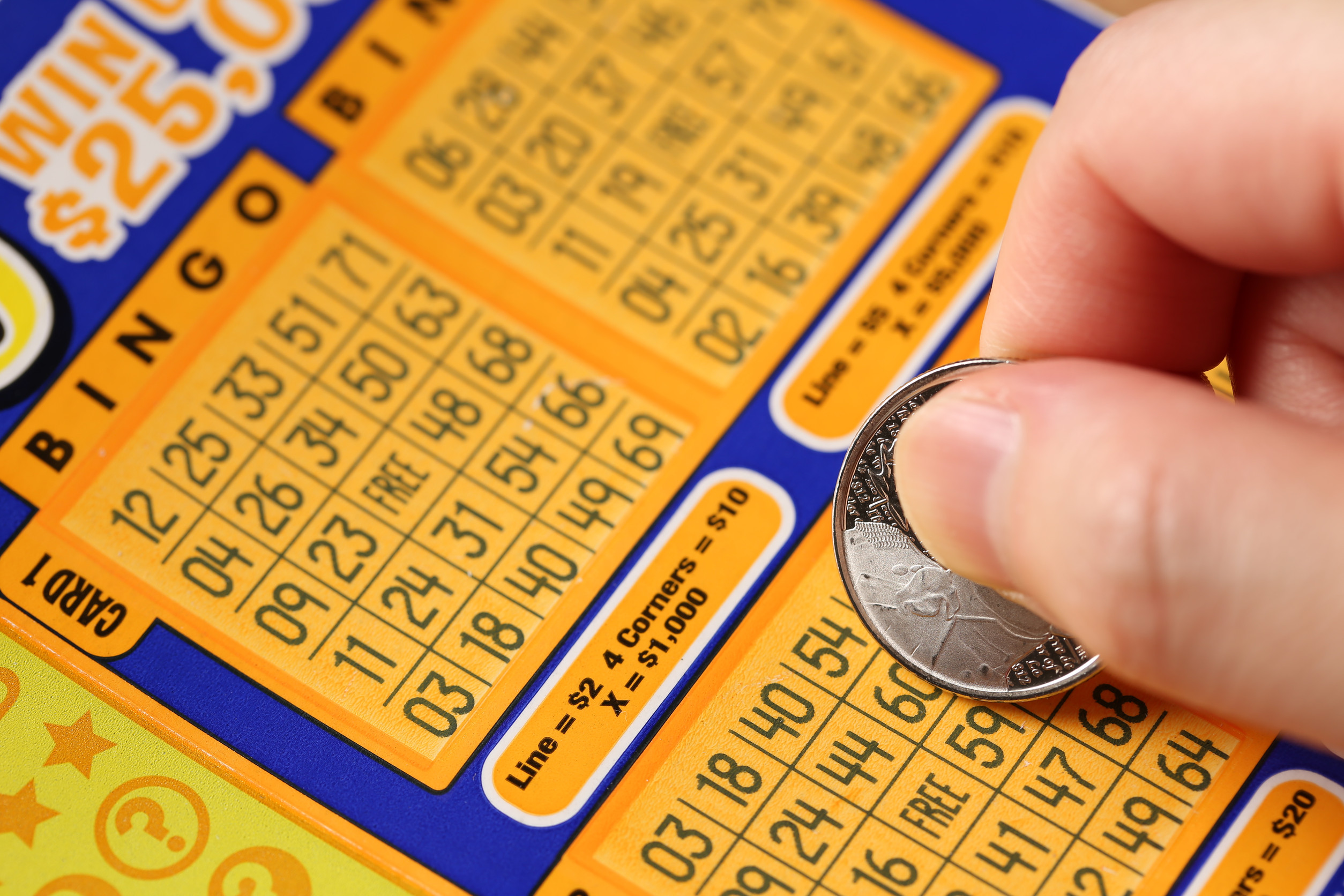
Are you a winner and don’t even know it? That forgotten lottery ticket tucked inside your wallet might be worth more—or less—than you think. Each year, millions of dollars in unclaimed prizes expire simply because players miss the deadline. So, what’s the timeline for cashing in on winnings? The Multi-State Lottery Association (MUSL) and state lottery agencies enforce strict timelines for redeeming winnings, often ranging from 90 days to one year. Whether you buy scratch-offs or Powerball, knowing how expiration rules work can prevent you from losing a potential windfall. Here are ten essential facts about lottery ticket deadlines every player should know.
1. Each State Sets Its Own Expiration Rules
Each state sets its own lottery expiration dates. These may be different for each game type, as well. Some states give winners 180 days to claim prizes, while others allow up to a full year. Multi-state games like Powerball and Mega Millions follow local jurisdiction rules, not national ones. Check with your state lottery for more detailed information on expiration dates. If you travel or purchase tickets across borders, make sure to check that state’s rules.
2. Draw Games and Scratch-Offs Have Different Timelines
Scratch-off games usually have longer claim periods than draw games. The Florida Lottery allows scratch-off redemptions up to 180 days from the official game-ending date. Powerball tickets in Florida expire 180 days after the drawing. Draw games have a specific event date, while scratch-off tickets remain in circulation until they are scratched or new editions replace them.
3. Expiration Dates Begin the Day After the Drawing
Timing matters when it comes to redemption. According to the Texas Lottery Commission, expiration countdowns begin the day after the draw. So, a winning ticket from July 1 begins its claim window right on July 2. Missing even one day beyond the deadline typically means forfeiting all winnings.
4. Lost or Damaged Tickets Usually Can’t Be Replaced
You may have heard about lost lottery tickets or theft in the news. Unfortunately, there isn’t much to be done if you lose a winning ticket. Lottery tickets are treated as bearer instruments; whoever holds them owns them. Lost, stolen, or severely damaged tickets cannot be reissued. Always sign the back of your ticket immediately after purchase and store it in a safe place. That signature proves ownership if disputes arise.
5. Expired Prizes May Be Redirected to Education Funds
Many state lotteries channel unclaimed prize money into education or community programs. The Georgia Lottery and North Carolina Education Lottery both direct expired funds to scholarship initiatives. Missing your claim doesn’t mean the money vanishes. Instead, it often gets reinvested in public programs. But you’ll still lose your personal payout.
6. Lottery Retailers Can’t Always Validate Old Tickets
Retail scanners automatically reject expired tickets. Unfortunately, store clerks have no authority to override expired claims. For older tickets or disputed cases, you must contact the state lottery’s central office directly. Mailing or submitting a claim form is the only way to verify eligibility once a game closes.
7. Multi-State Jackpot Rules Can Differ
If you purchased a Powerball or Mega Millions ticket in one state but live in another, you must redeem it where you bought it. Each state handles its own prize distribution and deadlines. Even multi-billion-dollar jackpots follow these localized rules.
8. Some States Offer Second-Chance Drawings
Don’t throw away losing tickets too quickly! You may have multiple chances to be a winner. The Virginia Lottery and other states run second-chance programs, allowing players to enter non-winning tickets for extra drawings. These promotions often have separate expiration windows, so check the fine print on your ticket.
9. Taxes Still Apply—Even for Late Claims
If you claim a prize near the expiration date, the same federal and state taxes apply. The Internal Revenue Service (IRS) treats lottery winnings as taxable income regardless of timing. Filing late in the year could push you into a higher tax bracket, so consider consulting a tax professional before redeeming large prizes.
10. Checking Expiration Dates Can Pay Off—Literally
Dozens of six-figure prizes go unclaimed annually. Regularly checking your tickets, even months later, could uncover forgotten winnings. Some states post public lists of unclaimed prizes online. This makes it easy to see if luck is still on your side.
Don’t Let Time Erase Your Winnings
Lottery deadlines are firm, and once they pass, the money is gone. Whether you play weekly or only occasionally, store tickets safely, review state rules, and set reminders to check results promptly. The next jackpot you win might depend not just on luck, but on timing.
Have you ever found an old lottery ticket after it expired? Share your story in the comments.
You May Also Like…
- 5 Jobs With Small Pay Checks That People Love
- How AI-Driven Stock Tips Are Getting Men Sued Over Bad Advice
- 10 Airbnb Rental Hacks That Raise Red Flags For Insurance Companies
- 8 Beer Money Gigs That You Can Start Today
- Are You Losing Promised Income by Ignoring Rental Side App Tax Loopholes?
Old Lottery Tickets: 10 Things You Should Know About Lottery Ticket Expiration Dates is a post from: Beating Broke, if you enjoy it, please visit us and subscribe to the Feed.







